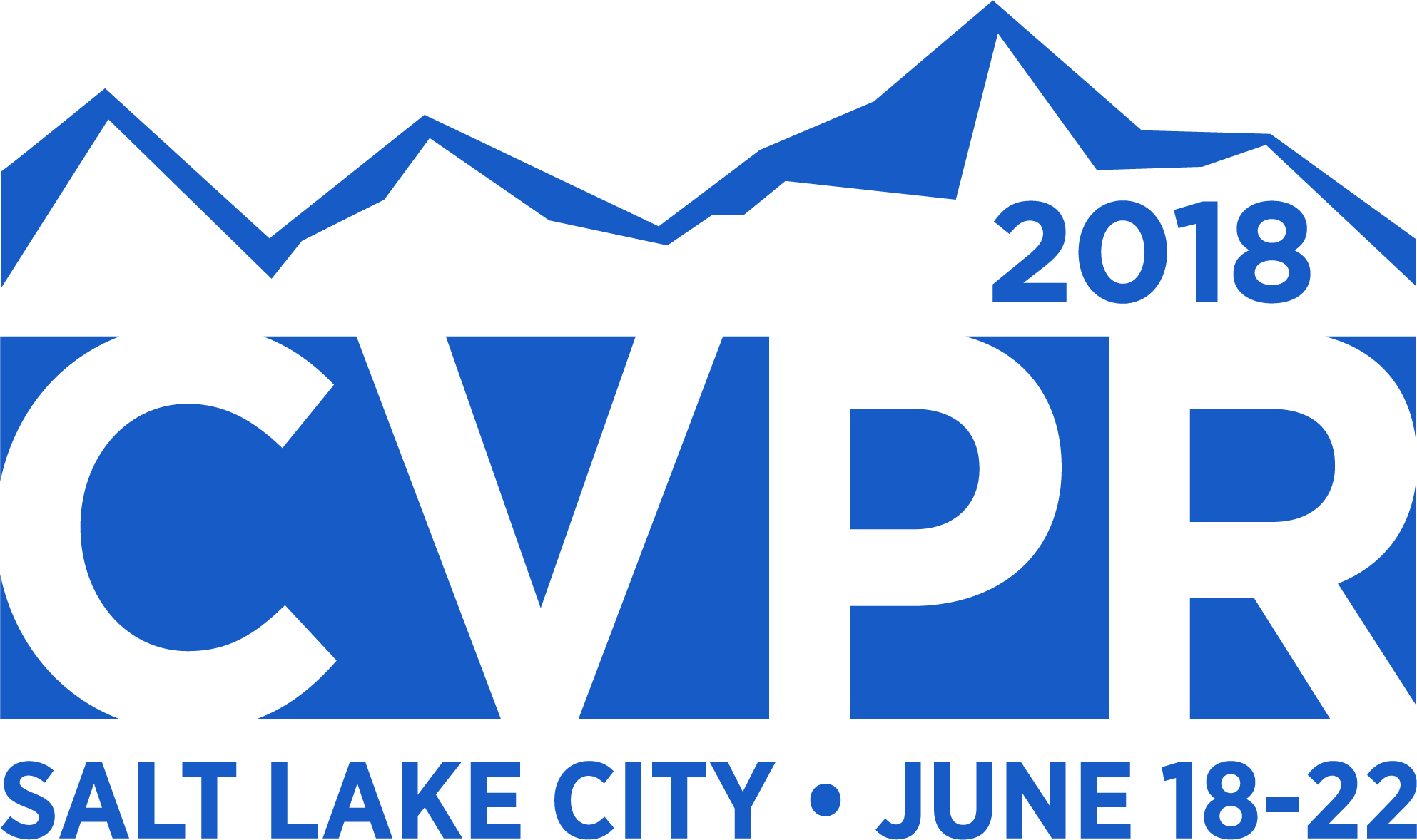-
Fully End-to-End Learning Based Conditional Boundary Equilibrium GAN With Receptive Field Sizes Enlarged for Single Ultra-High Resolution Image Dehazing
AbstractA receptive field is defined as the region in an input image space that an output image pixel is looking at. Thus, the receptive field size influences the learning of deep convolution neural networks. Especially, in single image dehazing problems, larger receptive fields often show more effective dehazying by considering the brightness and color of the entire input hazy image without additional information (e.g. scene transmission map, depth map, and atmospheric light). The conventional generative adversarial network (GAN) with small-sized receptive fields cannot be effective for hazy images of ultra-high resolution. Thus, we proposed a fully end-to-end learning based conditional boundary equilibrium generative adversarial network (BEGAN) with the receptive field sizes enlarged for single image dehazing. In our conditional BEGAN, its discriminator is trained ultra-high resolution conditioned on downscale input hazy images, so that the haze can effectively be removed with the original structures of images stably preserved. From this, we can obtain the high PSNR performance (Track 1 - Indoor: top 4th-ranked) and fast computation speeds. Also, we combine an L1 loss, a perceptual loss and a GAN loss as the generator's loss of the proposed conditional BEGAN, which allows to obtain stable dehazing results for various hazy images.
Related Material
[pdf][bibtex]@InProceedings{Ki_2018_CVPR_Workshops,
author = {Ki, Sehwan and Sim, Hyeonjun and Choi, Jae-Seok and Kim, Saehun and Kim, Munchurl},
title = {Fully End-to-End Learning Based Conditional Boundary Equilibrium GAN With Receptive Field Sizes Enlarged for Single Ultra-High Resolution Image Dehazing},
booktitle = {Proceedings of the IEEE Conference on Computer Vision and Pattern Recognition (CVPR) Workshops},
month = {June},
year = {2018}
}
These CVPR 2018 workshop papers are the Open Access versions, provided by the Computer Vision Foundation.
Except for the watermark, they are identical to the accepted versions; the final published version of the proceedings is available on IEEE Xplore.
Except for the watermark, they are identical to the accepted versions; the final published version of the proceedings is available on IEEE Xplore.
This material is presented to ensure timely dissemination of scholarly and technical work.
Copyright and all rights therein are retained by authors or by other copyright holders.
All persons copying this information are expected to adhere to the terms and constraints invoked by each author's copyright.

